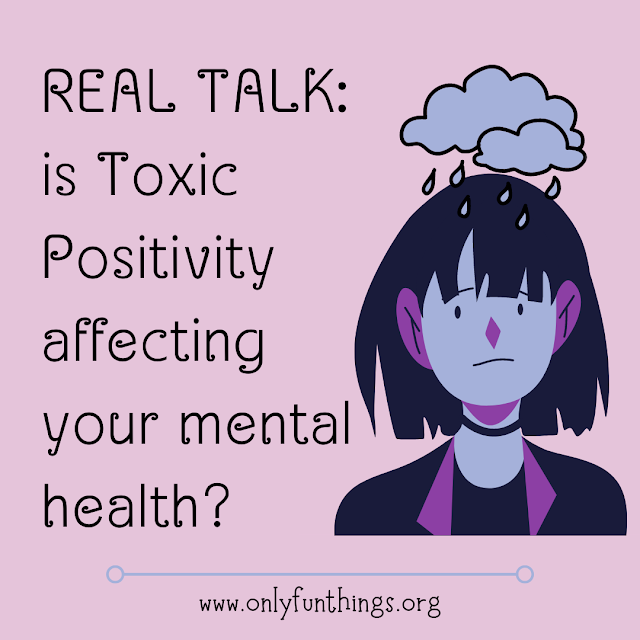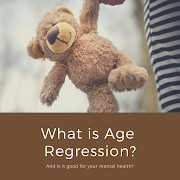Ciao lovelies, today I wanted to do a REAL TALK post about something I see often online, and sometimes even deal with IRL. That is, what is known as “Toxic Positivity,” and how it differs from Purposeful Optimism.
Have you ever been feeling very sad about something, only to be told “cheer up” or “you have nothing to be sad about” or “others have worse circumstances” or “smile and you’ll be fine”? These common dismissal phrases are examples of what is known as Toxic Positivity.
What is the exact definition of this?
According to thepsychologygroup.com, Toxic Positivity is “the excessive and ineffective overgeneralization of a happy, optimistic state across all situations. The process of toxic positivity results in the denial, minimization, and invalidation of the authentic human emotional experience.” (SOURCE SITE). Essentially, this means the blatant ignoring of circumstances contributing to personal sadness in favor of invalidating those feelings with “positivity.” So, this is a result of thoughts about “good vibes only” type of mentality. Not that saying that phrase is inherently toxic, but that if you’re using it to dismiss or invalidate someone’s feelings in favor of pushing that mindset, it is a toxic behavior.
Why does this happen?
This isn’t always something people do on purpose, though. According to UW Medicine and the University of Washington, “It is often well-intentioned but can cause alienation and a feeling of disconnection.” (SOURCE SITE). These things can be said with intended kindness, but by saying things like that, you make the person feel invalidated and ignored.
The reason that this leads to individuals feeling ignored or dismissed, is because when these statements are made, they brush over the feelings of the individual being spoken to. Being positive is not about ignoring sadness, or dismissing circumstances that lead to suffering. Supporting someone emotionally should involve acknowledging how they feel, not ignoring it. By pushing the positivity only narrative to someone in distress, they will feel unheard, and may even end up invalidating their own feelings.
Why is this important?
Acknowledging your feelings is very important to emotional growth. How can you fix negative thought cycles if you don’t face the core issues head on? How can you determine “sore spots” in your past experiences to work through in therapy if you refuse to acknowledge how those things made you feel? How can you feel confident in searching for mental health treatment/help, if you keep telling yourself “someone else has it worse.”?
My Reflections:
While I’m glad to see that this has been discussed more and more on the internet recently, I wish that this mentality had existed when I was first creating OFT. I regret that I had a part in pushing this kind of narrative. In my goal to share positivity and kindness, I unfortunately continued a toxic cycle of dismissal, and for that, I am deeply sorry.
I still enjoy sharing positive sentiments and images sharing kind comments to everyone, but I want to be more mindful of my internalization of the habits of toxic positivity.
My message in sharing this post is this:
The desire to be happy is understandable and valid, but giving yourself the grace and mindfulness to accept all emotions, even negative ones, is more beneficial to your emotional development. By dismissing those feelings, you will only create more hurdles for yourself in your mental health journey.
Thank you so much for reading. I hope that sharing these thoughts with you all can help someone else out there who might be struggling with these concepts.
If you liked this post, you may like my previous post about 3 Ways to Work Towards Self Acceptance.
Please remember to STAY AWESOME and LOVE YOURSELF for the amazing individual you are!











1 Comments
The pressure to embrace "good vibes only" can indeed be overwhelming. It's refreshing to see a candid discussion about toxic positivity and how it can impact our mental well-being. Sometimes, we need space to acknowledge our true feelings. Considering mental health counseling in Adelaide could be a step towards authentic self-discovery and healing.
ReplyDeleteType your thoughts here!